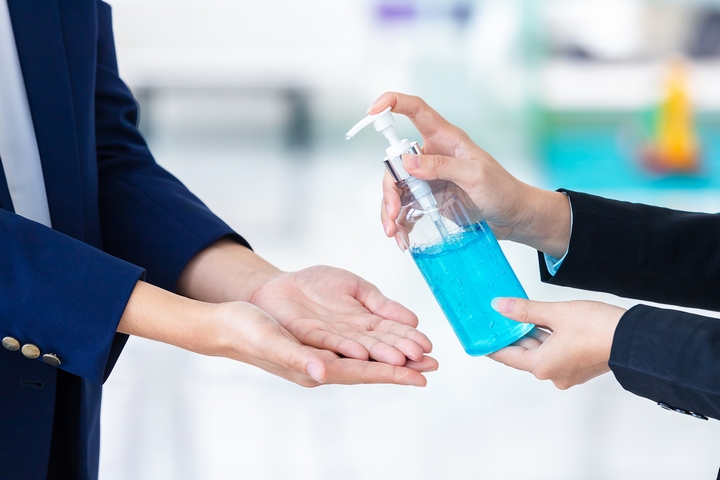Hand Sanitizers vs Washing Hands: The Pros and Cons
There has always been some sort of debate surrounding hand sanitizers vs washing hands, but this question is now even more relevant than it used to be.
Which is better between using hand sanitizer and washing our hands with soap and water? Which method will really help us stay healthy, and what are the pros and cons of each one?
Hand Sanitizers vs Washing Hands
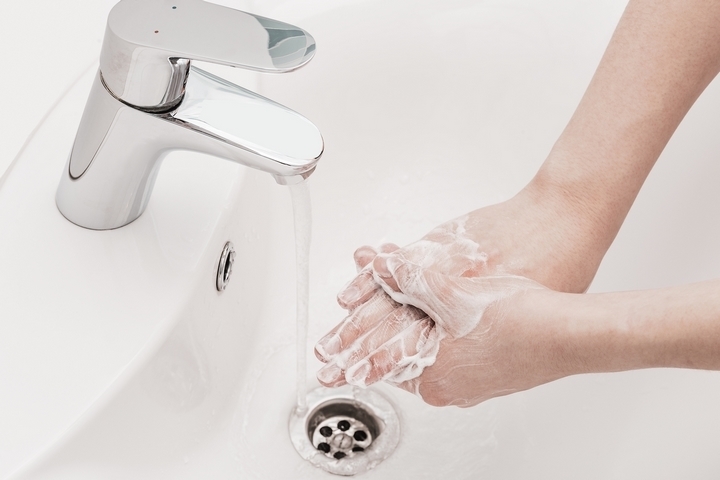
Hand sanitizers and soap both have their pros and cons. It’s up to you to choose the best method for each situation.
If you are away from home, in a store, in a restaurant, or using public transportation, carry hand sanitizer with you and use it. If your hands are visibly dirty, if you’ve just used the restroom, or if you are about to prepare a meal, you should wash your hands with soap and water.
No matter which method you decide to use, be sure you wash your hands properly. If you’re using hand sanitizer, apply a good amount of it to the palms of your hands, and rub them together without missing a spot, for at least 20 seconds.
If you want to use soap and water, start by wetting your hands. Apply some soap, and rub your hands together to lather the soap. Don’t forget the back of your hands as well as between your fingers, and rub for at least 20 seconds before you rinse with water. Dry your clean hands with a towel or a hand dryer, and you’re done.
So if you’re wondering about the pros and cons of hand sanitizers vs washing hands, we have some list for you:
Hand Sanitizers Pro: Portability
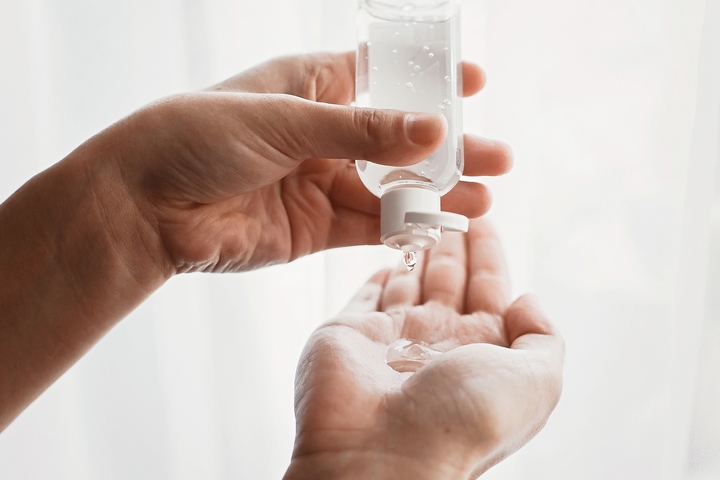
One of the pros of using hand sanitizer is the portability of it. The hand sanitizer is easy to keep a tube or a small bottle in your car, in your purse or in your pocket, so you can keep your hands clean and germ free when you’re on the go. Best of all, you can order hand sanitizers in large bulks, allowing you to distribute the items among your staff or your customers.
Hand sanitizers will instantly disinfect your hands, and they can effectively neutralize many types of bacteria, microbes, and viruses, including the coronavirus.
However, keep in mind that not all hand sanitizers are created equal. Be sure you use sanitizer that has at least 60% of alcohol in it. The more alcohol it contains, the more effective it will be at disinfecting your hands. Using alcohol-free hand sanitizer, or trying to make your own by following some recipe you found online, is not really a good idea.
Washing Your Hands Pro: Cleanliness
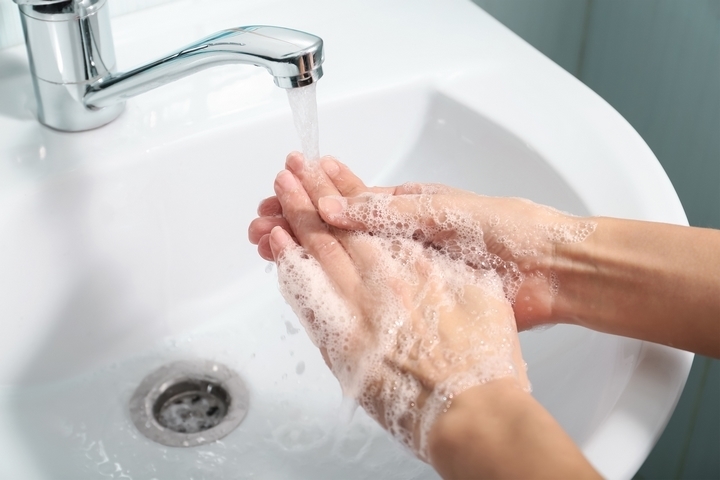
Soap can effectively kill germs and viruses, it binds with them, and removes them from your skin with the help of flowing water. As such, using soap and water to wash your hands will ensure a gentle and thorough clean.
Soap is able to destroy pathogens such as Giardia and C. difficile, a parasite and a bacteria that can make us sick, but that hand sanitizers are not able to neutralize.
Plus, rubbing and lathering your hands with soap and water will also rid your skin of dirt, debris, and grime, which is something that hand sanitizers can’t accomplish. Any type of soap can do the trick, although using antibacterial soap is not recommended as it could promote the apparition of antibiotic-resistant germs on your hands.
Hand Sanitizers Con: Sticky residue

Some types of hand sanitizers can leave a sticky residue on hands, which can be annoying. Plus, if your skin is sensitive, using sanitizer regularly could dry out your hands.
As it has already been mentioned, hand sanitizers can neutralize most harmful pathogens, but not all of them.
Perhaps you’ve heard some people saying that hand sanitizer was dangerous because it kills the good bacteria that are on your hands. This is true, but it isn’t actually dangerous for your health. If you simply touch your arms after disinfecting your hands with sanitizer, the good bacteria that help protect your skin will repopulate them.
One more downside of hand sanitizers is that they can be more expensive than soap. However, if you are often on the go, paying more for a bottle of quality hand sanitizer will be a good investment.
Washing Your Hands Con: Not portable
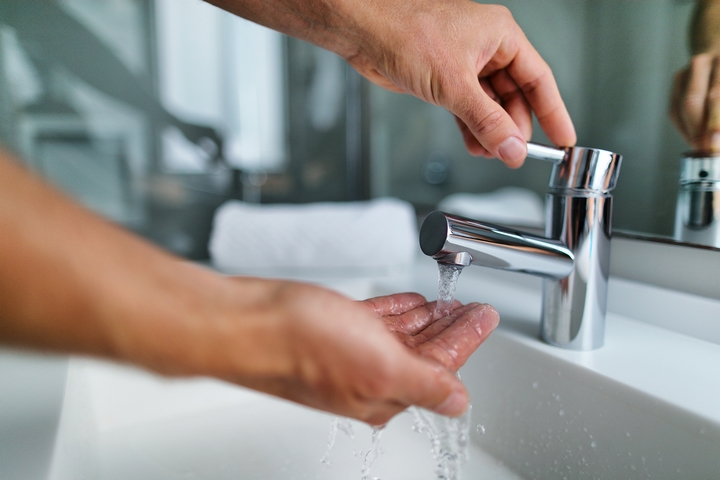
Hand sanitizers are portable, but soap and warm water are not. Of course, you can carry a bottle of soap with you everywhere you go, but if you don’t have access to a sink with running water, you won’t be able to use it to wash your hands.
Plus, soap doesn’t have the power to destroy germs and viruses on its own. To clean your hands, you need to lather the soap on your hands, and to rinse them thoroughly with warm water. If you simply put some soap in your hands and rinse them, they will still be dirty. If you don’t lather the soap long enough, the pathogens that could be on your skin will not all get destroyed.
And if you don’t dry your hands completely after washing them, it will be easy for them to pick up new germs.

